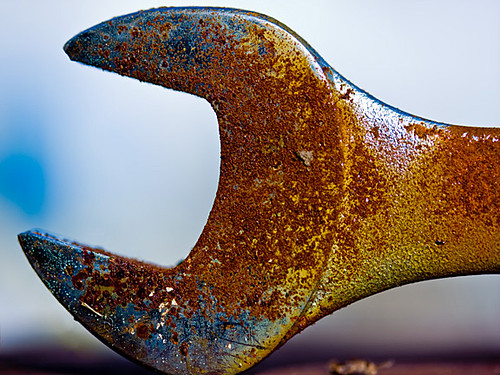Acupuncture or Alexander Technique both proved clinically significant in the reduction of neck pain.
A randomised controlled trial of 12 acupuncture sessions or 20 one on one Alexander Technique lessons proved a better reduction in pain and associated disability vs usual care (physical therapy and drugs).
Criteria for trial inclusion was neck pain for more than 3 months . Median duration for neck pain was 6 years. 517 Participants were requited and randomly assigned into the 3 groups.
At the 12 month follow up the results were:
Acupuncture = 3.92 % reduction in NPQ pain questionnaire (Northwick park questionnaire)
Alexander Technique = 3.79 % reduction in NPQ pain questionnaire
As compared to usual care of physical therapy and drugs.
Compared to baseline measure at the start of the study they were
Acupuncture = 32 % reduction in NPQ pain questionnaire (Northwick park questionnaire)
Alexander Technique = 31 %
12 month follow up
What is Alexander technique:
A form of postural training that teaches people how to avoid unnecessary muscular and mental tension during every day activities.
Sourece : http://www.medscape.com/viewarticle/853883
http://annals.org/article.aspx?doi=10.7326/M15-0667&an_fo_ed#











